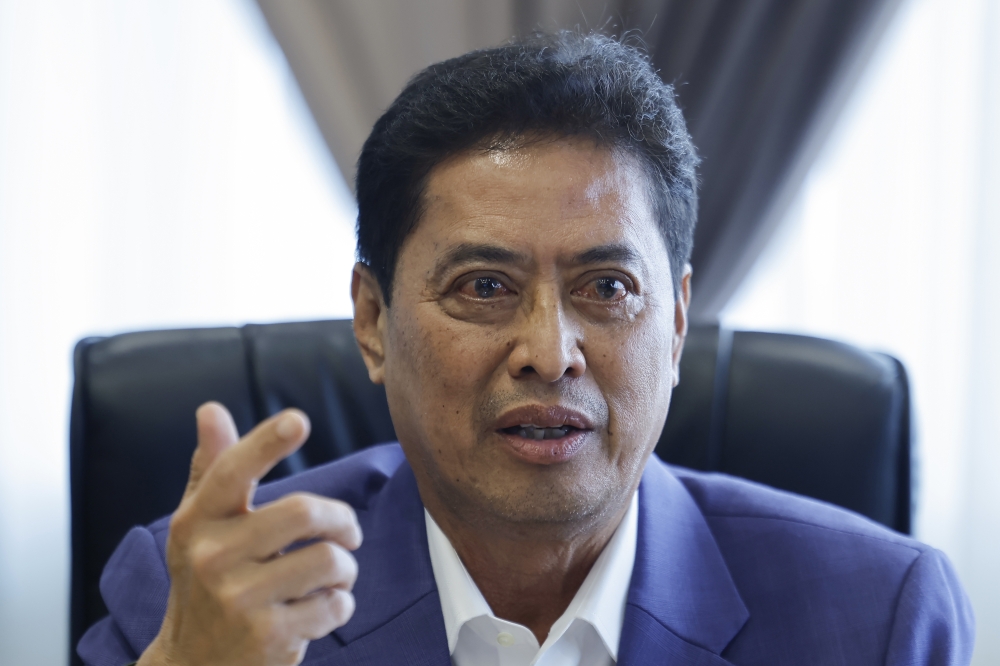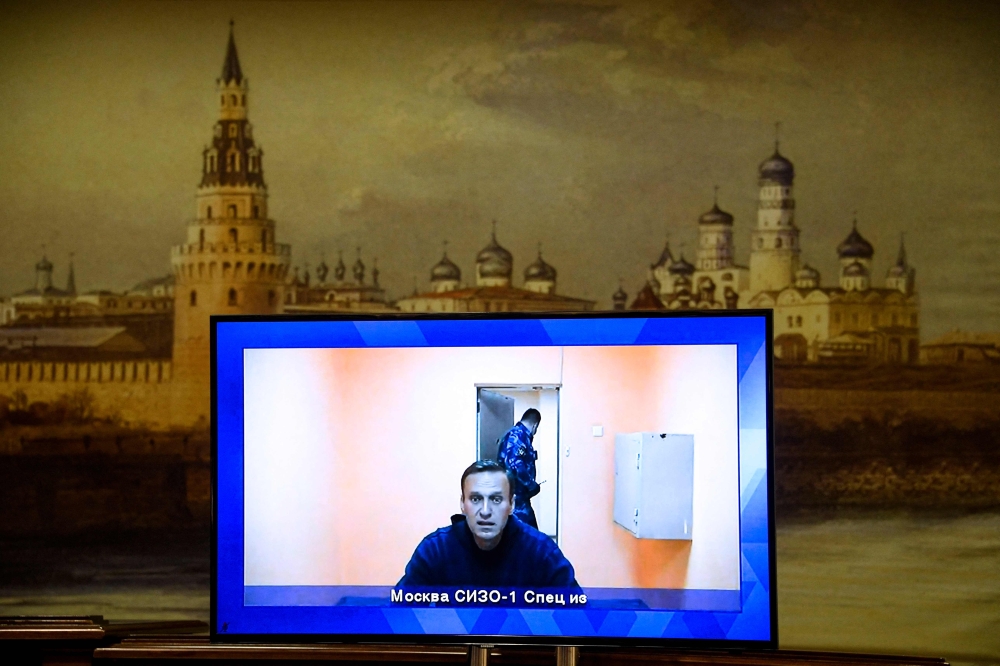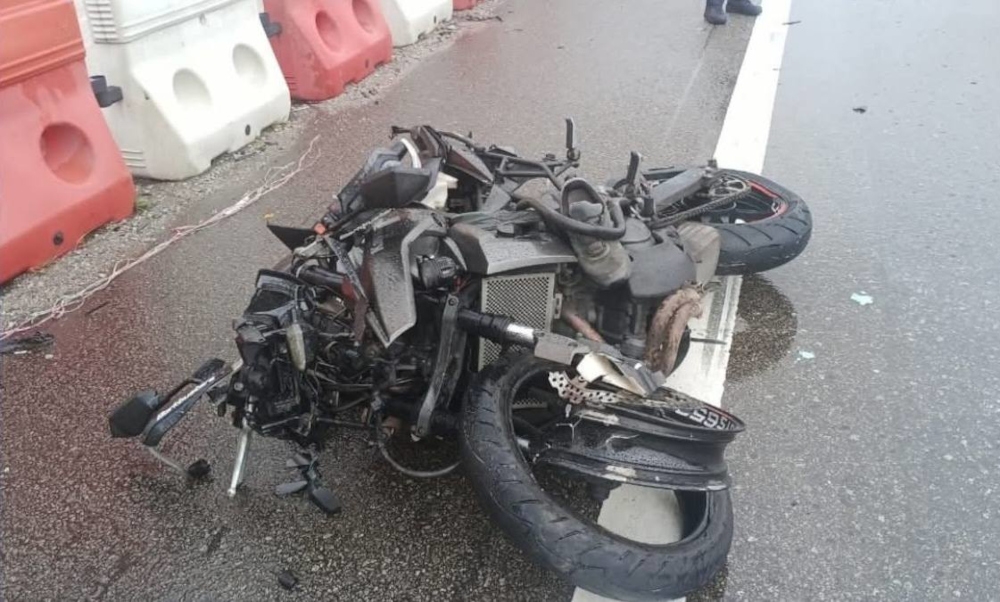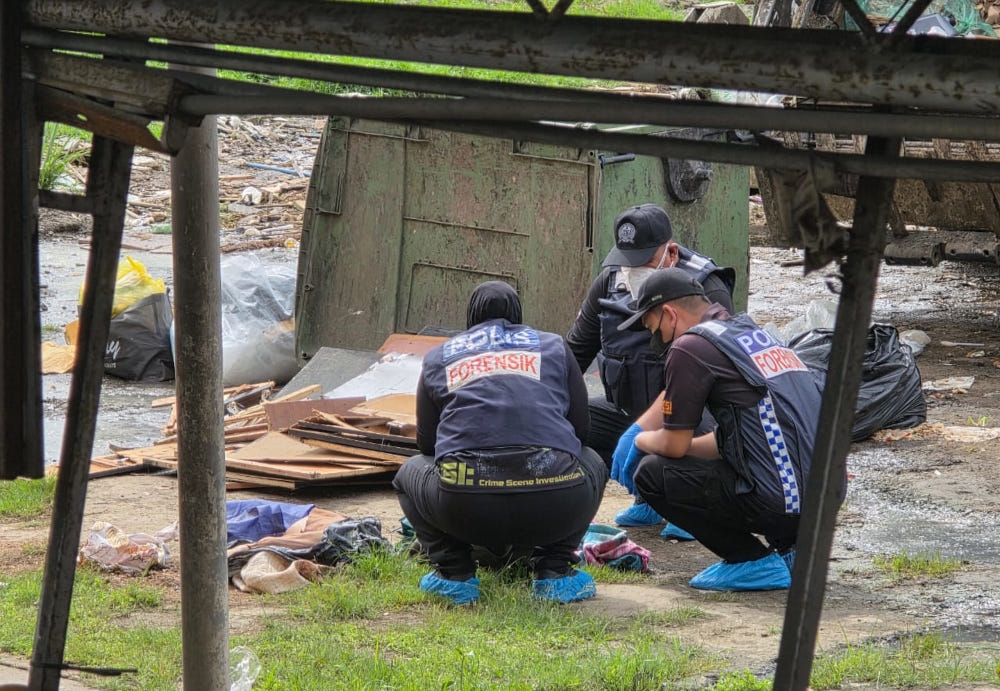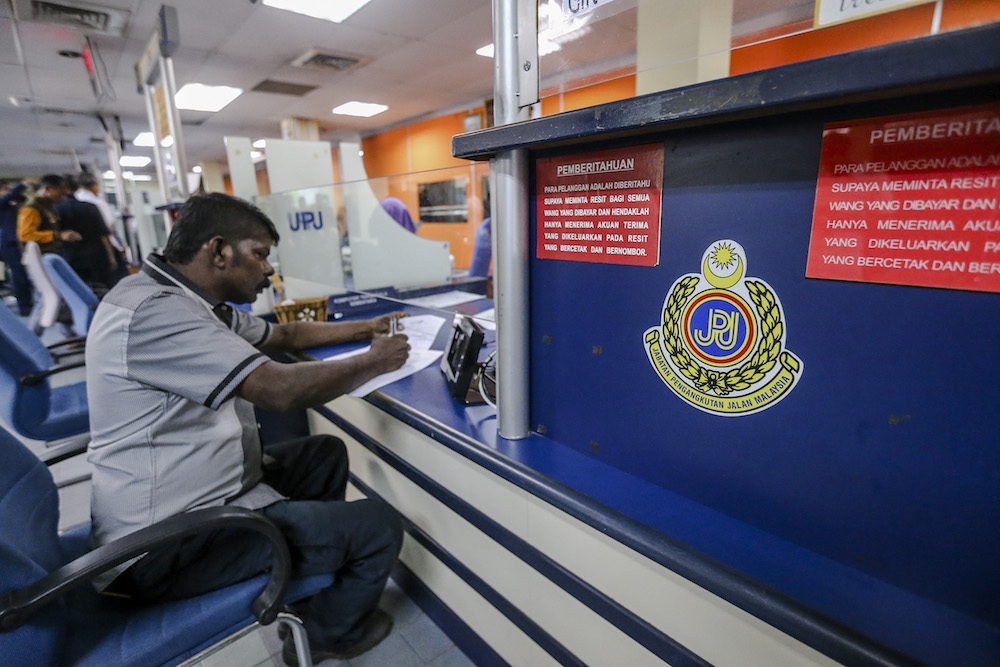BRUSSELS, April 7 — EU finance ministers hope to agree a coronavirus economic rescue package for the worst-hit member states today, but will fall short of demands from beleaguered Spain and Italy.
The EU’s 27 finance ministers are to hold a videoconference where, at the least, they should strike a deal to use the eurozone’s €410-billion- (US$443-billion) bailout fund.
But, with deep divisions between the rich northern countries and the heavily-indebted south, they are expected to put aside — for now — a proposal to issue “coronabonds” to pool public borrowing.
“At the end everyone will be able to say eurobonds are still there. Or not. And the debate will continue,” one diplomat said, outlining an expected fudge on condition of anonymity.
A group including heavyweights Italy, France and Spain has been imploring Germany, Austria and the Netherlands for common debt instruments to cushion the economic impact of the virus.
“Eurobonds represent a serious response tailored to the crisis we are living through,” Italian Prime Minister Giuseppe Conte argued yesterday.
But many leaders in the north fear the plans would eventually lead to the sharing of all sovereign debts — and their thrifty taxpayers footing the bill for supposed southern profligacy.
Yesterday, German Chancellor Angela Merkel reiterated her government’s position in favour of activating the European Stability Mechanism (ESM) bailout fund to help countries that needed it.
But she pointedly did not mention shared borrowing.
Merkel also stressed the importance of the stimulus of €750 billion (US$810 billion) by the European Central Bank (ECB) towards averting catastrophe.
But France insists the economic destruction caused by the Covid-19 crisis demands a new way of thinking in Europe and wants member countries to help each other in unprecedented ways.
‘Same speed’ recovery
“Nothing would be worse for Europe than for some states, because they are richer, to get off to a quick start, while others, because they cannot afford it, start slowly,” French Finance Minister Bruno Le Maire told broadcaster France 2.
“We all need to recover at the same speed in order to guarantee the cohesion, solidarity and unity of the eurozone and our common currency,” he added.
Officials in Brussels said Germany and its allies will likely prevail today, although ministers will not dismiss ideas such as eurobonds for good.
Le Maire has threatened to refuse the overall deal if this were not the case.
Josep Borrell, the European Union’s high representative for foreign policy and a former Spanish minister, told El Mundo: “The countries of the South are not begging. They are asking for an act of solidarity.”
‘All possible instruments’
European Council president Charles Michel, European Commission chief Ursula von der Leyen, ECB chief Christine Lagarde and Eurogroup president Mario Centeno, who chairs meetings of the eurozone finance ministers, held a preparatory videoconference yesterday.
“We call on all members of the Eurogroup to look at all possible instruments in a resourceful and constructive way,” Michel said in a statement.
“There is a lot of room for solidarity within the existing instruments and institutions. We have to exploit these tools fully and remain open to doing more. A strong package is in the making,” he said.
The European Stability Mechanism was created in 2012 during the eurozone debt crisis to help states that no longer had access to borrowing on the markets.
Its programmes come with strings attached for countries that use it; heavy conditions that Italy and Spain say they would refuse if other capitals were to try to impose them after the virus.
Whatever is agreed by the ministers today will then go to EU leaders who are expected to convene by video conference later in the month. A senior official told AFP this would likely come after Easter, which falls on April 12 this year.
Also under discussion is a lending facility from the European Investment Bank for struggling small- and medium-sized businesses, and a guarantee fund for certain national unemployment schemes to be run by the European Commission. — AFP








